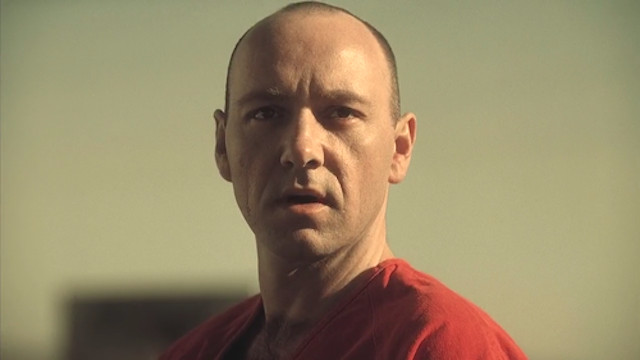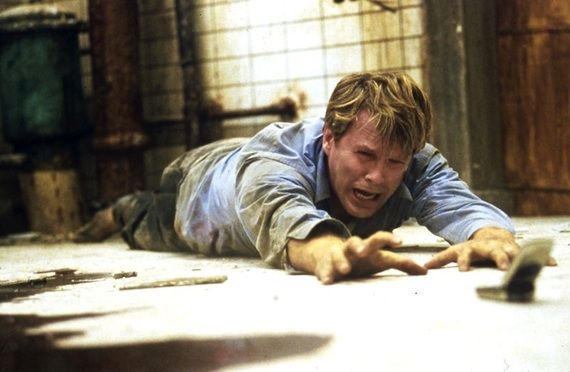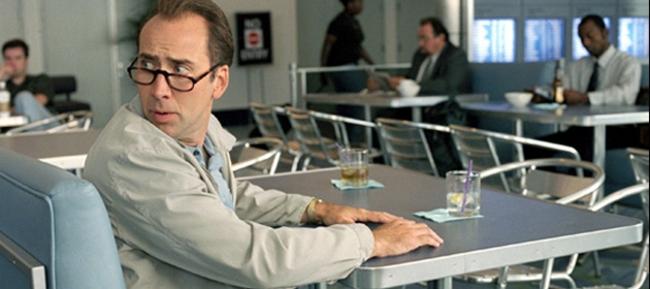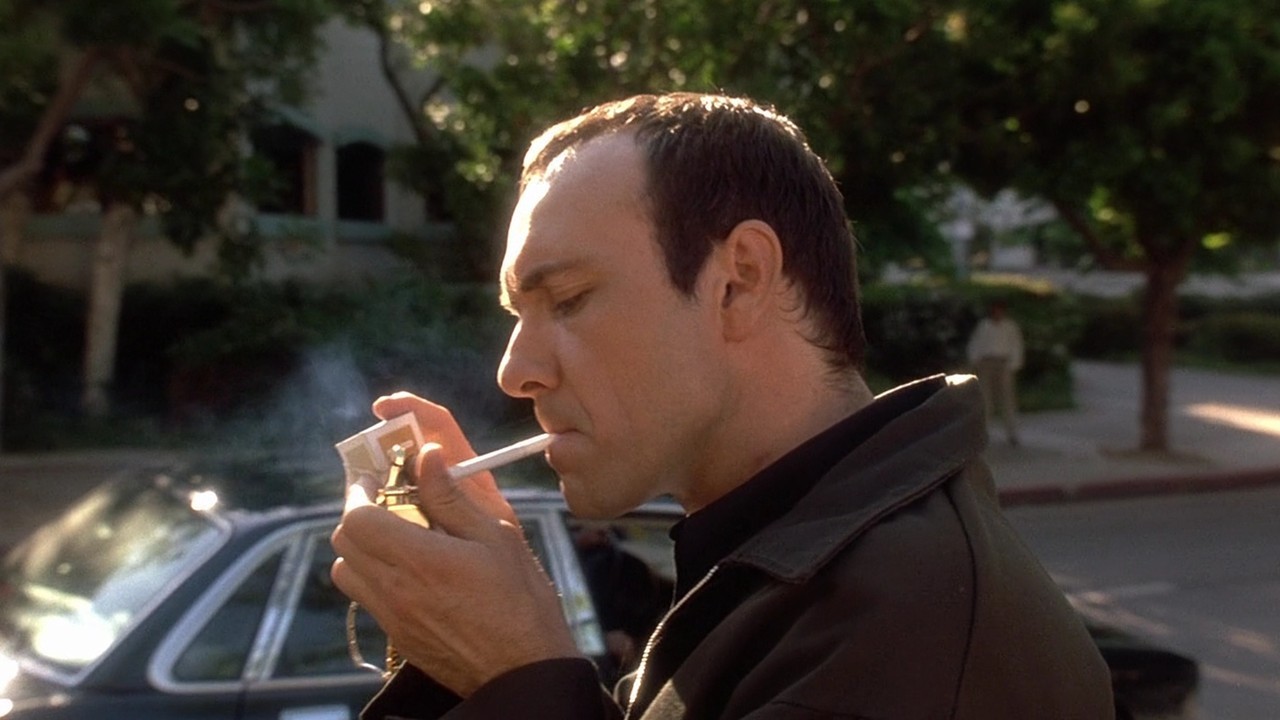
Moviegoers love a good plot twist. When the story suddenly takes a sharp left turn and pulls the rug out from under the audience, they go crazy. You can feel the hush settle across the theater and maybe hear a few gasps.
M. Night Shyamalan has made a career out of plot twists, to the point that any time a new Shyamalan movie comes out, everyone in the audience just sits there waiting for the twist to come along. A plot twist can be a mesmerizing and theatrical and breathtaking experience – if it’s done right.
Depending on how a plot twist is done, it can make or break the movie. If it’s an incongruous twist that doesn’t make any sense, as with a lot of Shyamalan’s movies, then it can ruin the movie. The same goes for if the twist erases the events of the film. In these cases, it can make the actual act of having watched it feel like a waste of time.
But if a twist makes perfect sense and fills in all the gaps that didn’t quite make sense to you while you were watching it and all the mysterious parts that you couldn’t quite figure out all suddenly fit together and make a complete piece, then it can result in a great movie. This is a list of the ten most mind-blowing and shocking plot twists in film history.
10. Moon

Duncan Jones’ directorial debut is one of the most mind-boggling and intriguing sci-fi movies in recent memory. The movie stars Sam Rockwell as a miner working on the Moon, looking forward the end of his three-year contract, who realizes that at the end of his three years, the company who hired him will just replace him with a clone. He himself is a clone who has replaced another clone, and the cycle goes on – except he’s figured it out, and after reckoning with it, he can use that knowledge to his advantage.
Rockwell plays all of his character’s emotions perfectly. While he was finally awarded an Oscar this year for his work in Three Billboards Outside Ebbing, Missouri, his turn in Moon definitely deserved an award and was one of the worst snubs of that year. Sci-fi movies like this don’t get made these days – surreal, depressing, thought-provoking works like Logan’s Run and Silent Running – and it’s a shame, because that’s what the genre was made for.
9. Saw

The sequels that followed Saw have all focused heavily on the gore, so it can be easy to forget that the original movie was relatively bloodless, and actually followed an intelligent plot with lots of twists and turns.
It opens with a chilling premise: two guys, Adam and Lawrence, wake up in a bathroom, chained to the walls, with a dead body between them, and have to figure out why they’re there and how to escape. Through nonlinear storytelling, we get to know these characters better and watch the police investigation into the Jigsaw killer and start to put the pieces together.
There are actually two plot twists at the end of Saw, neither of which we can see coming. The first and most mind-blowing one is that the body between Adam and Lawrence is not actually dead. The guy stands up and turns around, revealing himself to be the serial killer who locked them in there in the first place.
It is also revealed that in the opening moments of the movie, Adam lost the key to his own freedom when he pulled the plug out of the bathtub as he woke up and it disappeared down the drain. As with most movies with a twist ending, the audience is left with a traumatic feeling of despair as Jigsaw turns off the lights and shuts the door, leaving Adam for dead.
8. Matchstick Men

Matchstick Men is one of Ridley Scott’s most underrated movies. It didn’t do so well at the box office and it hasn’t yet become a cult classic, but it has a hilariously dark sense of humor and a terrific pair of performances by its leads, Nicolas Cage and Sam Rockwell, who play two con men. It’s the greatest con movie since The Sting, and it’s much darker.
The plot seems to revolve around Cage’s character Roy’s estranged daughter Angela showing up to be a part of his life, while he pulls off cons with his partner, Rockwell’s character Frank. During a scuffle about halfway through the movie, Roy is knocked unconscious. He wakes up in a hospital room, where he is told by police that Frank and Angela fled the scene.
As Roy regains his movement, he manages to leave the room, where he discovers that he’s actually just been lying in a bed in a shipping container on top of a parking garage. He goes searching for Angela, but his ex tells him that she miscarried the child, so Roy doesn’t even have a daughter. The girl who claimed to be his daughter Angela was actually just a criminal who was in cahoots with Frank the whole time.
It’s one of the finest rug-pulls in film history.
7. The Usual Suspects

When Kevin Spacey accepted his Academy Award for Best Supporting Actor for his performance in this movie, he said, “Well, whoever Keyser Söze is, I can tell you he’s gonna get gloriously drunk tonight.”
This movie takes the unreliable narrator trope to its extreme, as we are told the entire movie by Verbal Kint, only to discover at the very end that Kint has made the whole thing up based on words that were written on the walls and notice boards around the room.
As he leaves the police station, he slowly loses his limp and all of his other notable characteristics and disappears in a car being driven by the guy we had been led to believe was Mr. Kobayashi, a name that was taken from the bottom of the detective’s coffee mug. The power of this twist is summed up in the final line from the movie: “The greatest trick the Devil ever pulled was convincing the world he didn’t exist.”
6. Se7en

In the hands of a lesser director, Se7en could have merely been a grisly version of Lethal Weapon. Brad Pitt played the hotshot young white cop, while Morgan Freeman played the grizzled, aging black cop who was close to retirement. If Pitt and Freeman didn’t have the chemistry or gravitas to make themselves stand out, they could’ve just been the budget Riggs and Murtaugh.
But with David Fincher in the director’s chair and Pitt and Freeman developing a unique on-screen relationship, Se7en becomes a serial killer thriller that is dark, disturbing, beautiful, and head and shoulders above the rest of the films in this crowded subgenre.
It ends with one of the greatest plot twists of all time, which works because of how the premise is set up. The film is named after the number of murders that John Doe intends to commit, each based on one of the seven deadly sins from the Bible, and so we spend the film counting down the murders. When a blood-spattered Doe surprisingly turns himself in, we’re only up to five victims. He takes the cops out to the middle of nowhere, supposedly to show them the final two bodies, and two unexpected things happen.
First, a delivery man arrives with Mills’ wife’s head in a box, with Doe saying that he was envious of their relationship, and then Mills, out of wrath, kills Doe. It’s a haunting moment, because not only was Doe his own final victim, he also got Mills to do exactly what he wanted and played him like a fiddle.
The great thing about Se7en’s twist ending is that it leaves the viewer in a stunned silence as the credits roll (the wrong way) and elevates a schlocky police procedural premise above its own gimmick.